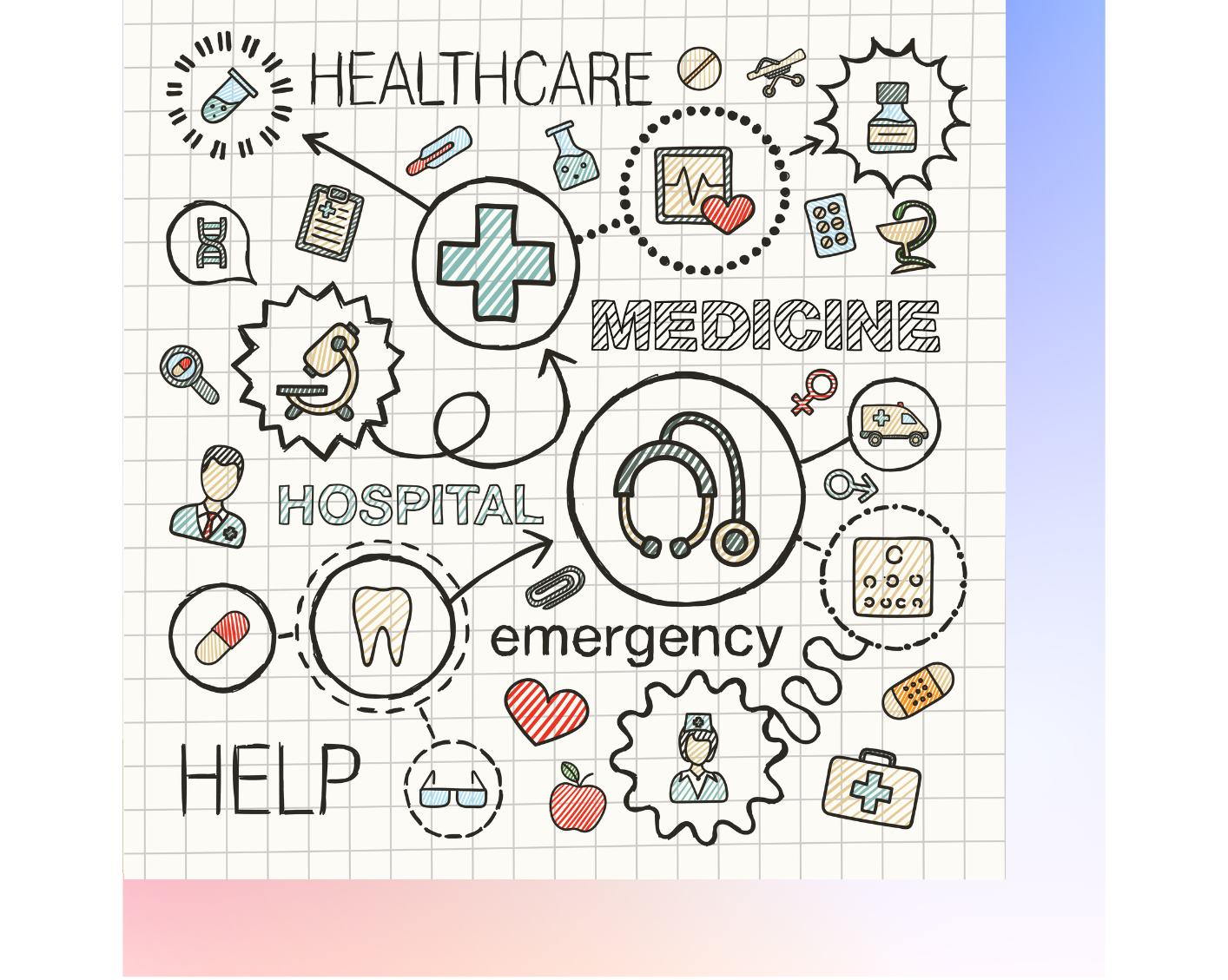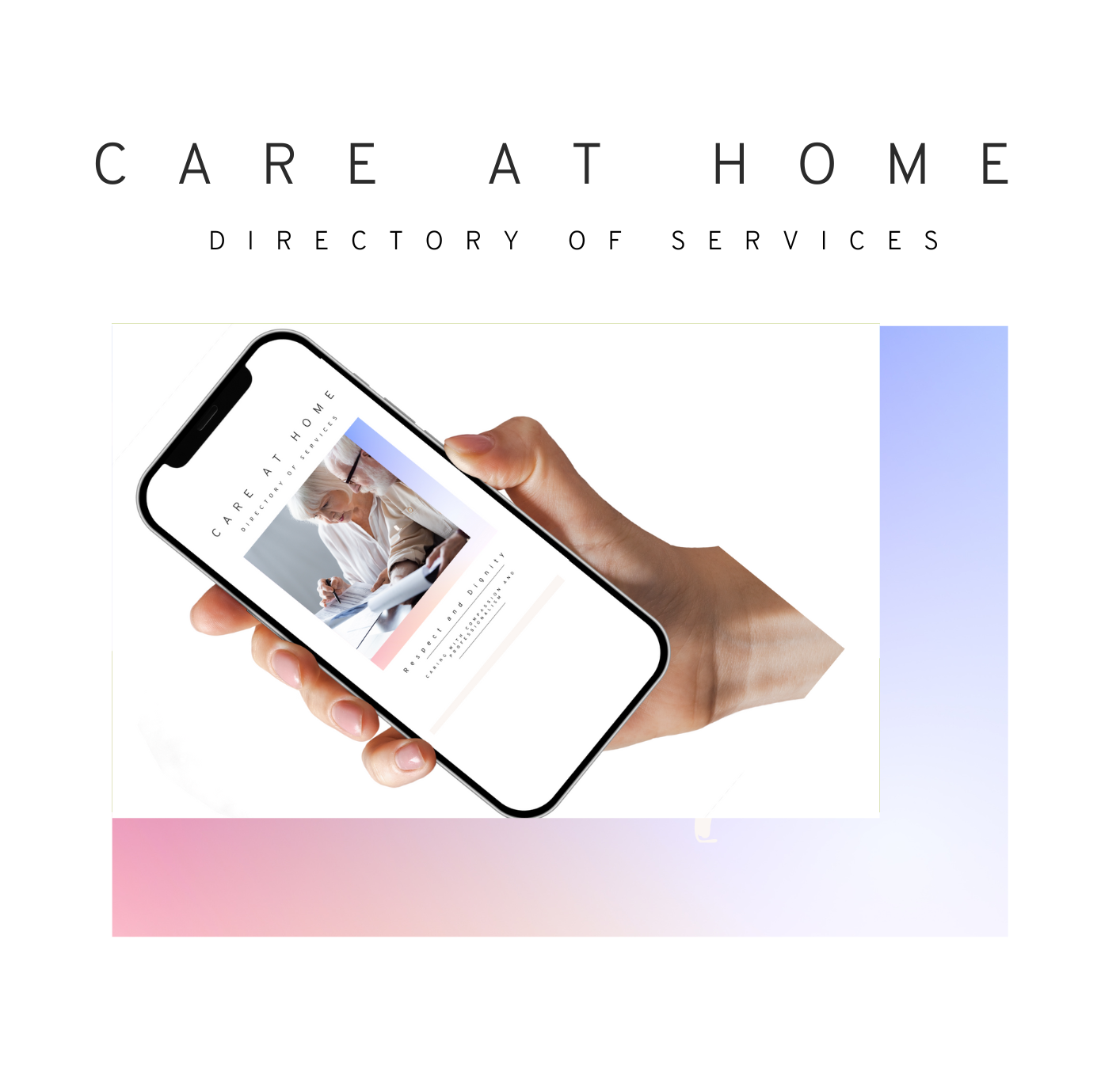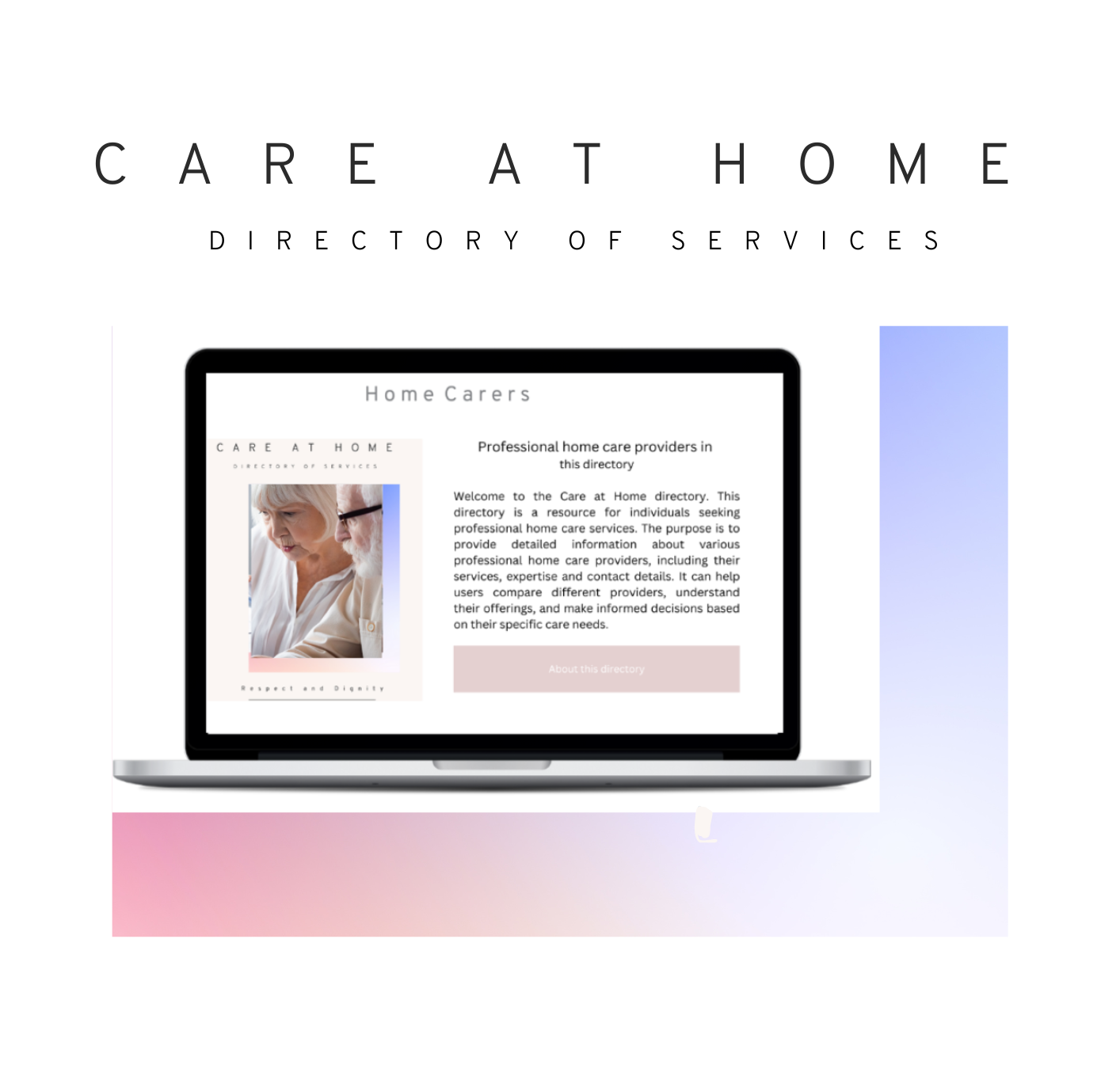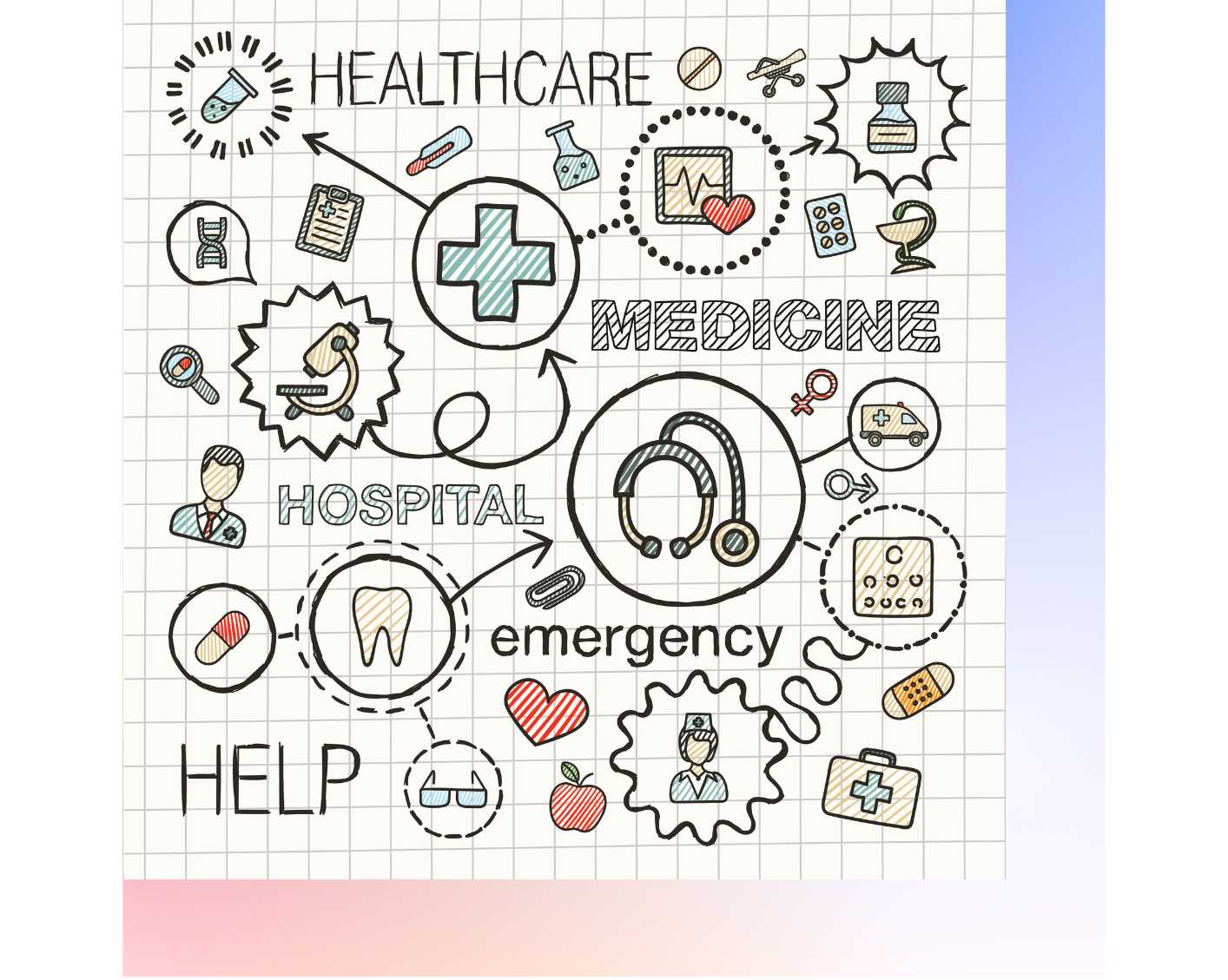Private General Practitioners
Private General Practitioners (GPs) are essential in providing healthcare services within the community. Unlike public healthcare providers who often work within government-funded systems, private GPs operate in independent practices or within private healthcare organizations. They offer a wide range of services, usually tailored to the specific needs of their patients, and provide an alternative to the public healthcare system.

About Private GPs


Private General Practitioners
Private GPs provide individualised care, allowing them to spend more time with patients and develop tailored treatment plans. This approach is often highly valued by patients who seek a more personal connection with their healthcare provider.
A key advantage of private GPs is their flexibility. They often offer extended hours, including weekends and evenings, which can be more convenient for patients with busy schedules. Private GPs typically have shorter appointment waiting times, making them a preferred choice for those needing prompt medical attention.
Private GPs manage various health issues, from acute illnesses to chronic disease management. They conduct health screenings, provide preventive care, and offer advice on lifestyle changes to promote overall well-being. Their services include vaccinations, health assessments, mental health support, and referrals to specialists when necessary.
Many private GPs offer specialist services such as travel medicine, occupational health, cosmetic procedures, and men’s and women’s health services. This breadth of services allows them to meet diverse patient needs within a single practice.
GP - Dr Mary Peters Profile
GP - Dr Jack Rogers Profile


Ask your GP about PCC
Short audio files -easy listening
Person-Centred Care (PCC)
Personalised choices & care plans
Integrated Health & Care Services
Empowering Self-Management
Social Prescribing
Personal Health Budgets
Keeping this directory
Personal Choices

The NHS promotes giving individuals more control over their healthcare choices, allowing them to take an active role in setting care goals, making decisions, and shaping services that impact their lives. The health services include empowering patients to choose providers or tailor services around their unique preferences
Personalised Care Plans

Personalised Care Plans often involve collaboratively creating a plan with the individual, healthcare providers, and family members. These plans are reviewed regularly and adapted to meet changing needs. For example, individuals with health conditions or disabilities can work with their GP and community health teams to develop a tailored plan that supports them in their homes and daily lives.
Integrated Health & Care Services

The UK government has worked towards integrating health and social care services to provide seamless support. Integrated Health and Social Care Services involve coordination between the NHS, local councils, and community organisations, making it easier for people to access multiple forms of support—such as health, social, and housing services—without navigating complicated systems independently.
Network community

Person Centred Care emphasises local, community-based services that help people live independently and stay connected within their communities. For example, NHS Community Health Services and local volunteer groups may provide home visits, community nursing, or social activities to reduce isolation and maintain a sense of belonging.
Empowering Self-Management

Person Centred Care promotes “self-management” strategies, encouraging individuals, particularly those with long-term health conditions, to actively manage their health. Community-based programs, such as the NHS’s “Expert Patients Programme,” provide training and support for people to understand their condition better and develop skills for managing symptoms, treatment, and lifestyle adjustments
Building Supportive Relationships

Healthcare providers work to establish trusting relationships with patients by listening to their concerns and understanding their health and personal circumstances. For example, GPs and community nurses often spend more time with individuals in person-centred assessments, hearing their stories and building lasting connections.
Social Prescribing

Social prescribing enables GPs and community health teams to refer individuals to non-clinical services, such as exercise groups, art therapy, or local clubs, to improve their quality of life. This holistic approach aligns with Person-Centred Care by addressing social, emotional, and mental well-being and physical health.
In summary, Person Centred Care in the community setting is about respecting individual choice, fostering collaborative decision-making, and integrating health and social services to create a holistic, inclusive, and accessible support network that meets each person where they are. It is grounded in principles that promote dignity, independence, and a life with meaningful engagement in the community.
Personal Health Budgets

Through NHS Personal Health Budgets, individuals with health needs can receive funds directly to spend on services or support that will benefit their health. Personal Health Budgets allow individuals to choose their care, aligning with Person Centred Care principles

Directory Download


Please keep this directory handy for emergencies. It is important to keep this directory because it provides quick access to essential contact information, instructions, and resources when time is of the essence. In emergencies, every second counts, and having a well-organized directory ensures that you can promptly reach healthcare professionals, and caregivers. This directory also helps prevent confusion, reduces stress, and ensures that the right steps are taken swiftly to protect the safety and well-being of those in need.
Private GPs
Dr Mary Peters - Profile
Dr Jack Rogers - Profile

Short audio files -easy listening
Person-Centred Care (PCC)
Personalised choices & care plans
Integrated Health & Care Services
Empowering Self-Management
Social Prescribing
Personal Health Budgets
Keeping this directory
Personal Choices

The NHS promotes giving individuals more control over their healthcare choices, allowing them to take an active role in setting care goals, making decisions, and shaping services that impact their lives. The health services include empowering patients to choose providers or tailor services around their unique preferences
Personalised Care Plans

Personalised Care Plans often involve collaboratively creating a plan with the individual, healthcare providers, and family members. These plans are reviewed regularly and adapted to meet changing needs. For example, individuals with health conditions or disabilities can work with their GP and community health teams to develop a tailored plan that supports them in their homes and daily lives.
Integrated Health & Care Services

The UK government has worked towards integrating health and social care services to provide seamless support. Integrated Health and Social Care Services involve coordination between the NHS, local councils, and community organisations, making it easier for people to access multiple forms of support—such as health, social, and housing services—without navigating complicated systems independently.
Network community

Person Centred Care emphasises local, community-based services that help people live independently and stay connected within their communities. For example, NHS Community Health Services and local volunteer groups may provide home visits, community nursing, or social activities to reduce isolation and maintain a sense of belonging.
Empowering Self-Management

Person Centred Care promotes “self-management” strategies, encouraging individuals, particularly those with long-term health conditions, to actively manage their health. Community-based programs, such as the NHS’s “Expert Patients Programme,” provide training and support for people to understand their condition better and develop skills for managing symptoms, treatment, and lifestyle adjustments
Building Supportive Relationships

Healthcare providers work to establish trusting relationships with patients by listening to their concerns and understanding their health and personal circumstances. For example, GPs and community nurses often spend more time with individuals in person-centred assessments, hearing their stories and building lasting connections.
Social Prescribing

Social prescribing enables GPs and community health teams to refer individuals to non-clinical services, such as exercise groups, art therapy, or local clubs, to improve their quality of life. This holistic approach aligns with Person-Centred Care by addressing social, emotional, and mental well-being and physical health.
In summary, Person Centred Care in the community setting is about respecting individual choice, fostering collaborative decision-making, and integrating health and social services to create a holistic, inclusive, and accessible support network that meets each person where they are. It is grounded in principles that promote dignity, independence, and a life with meaningful engagement in the community.
Personal Health Budgets

Through NHS Personal Health Budgets, individuals with health needs can receive funds directly to spend on services or support that will benefit their health. Personal Health Budgets allow individuals to choose their care, aligning with Person Centred Care principles
